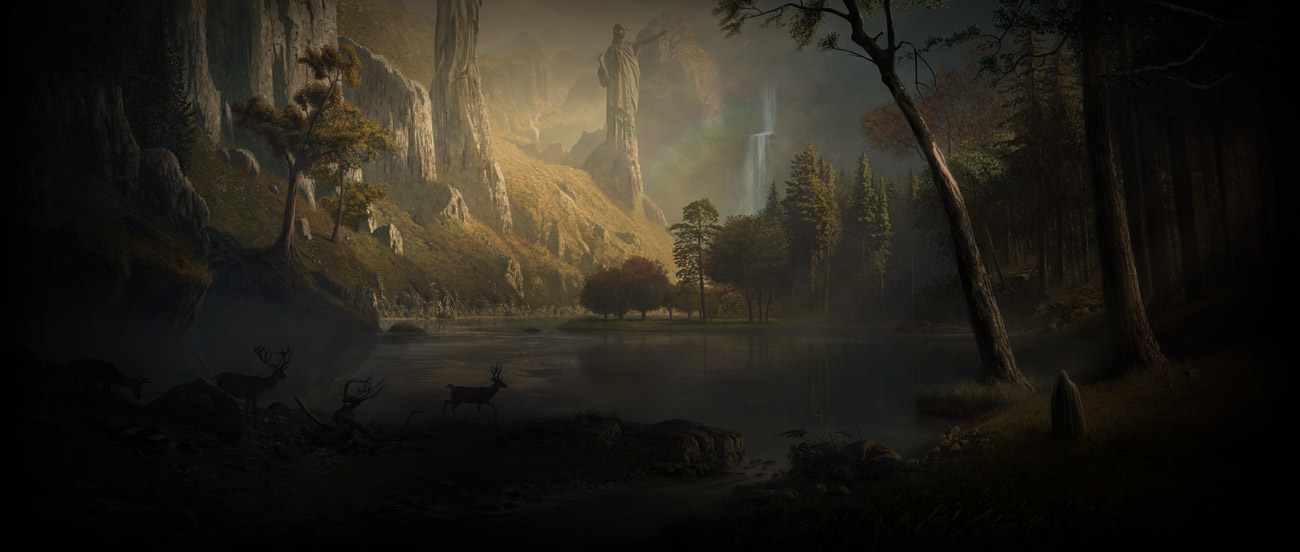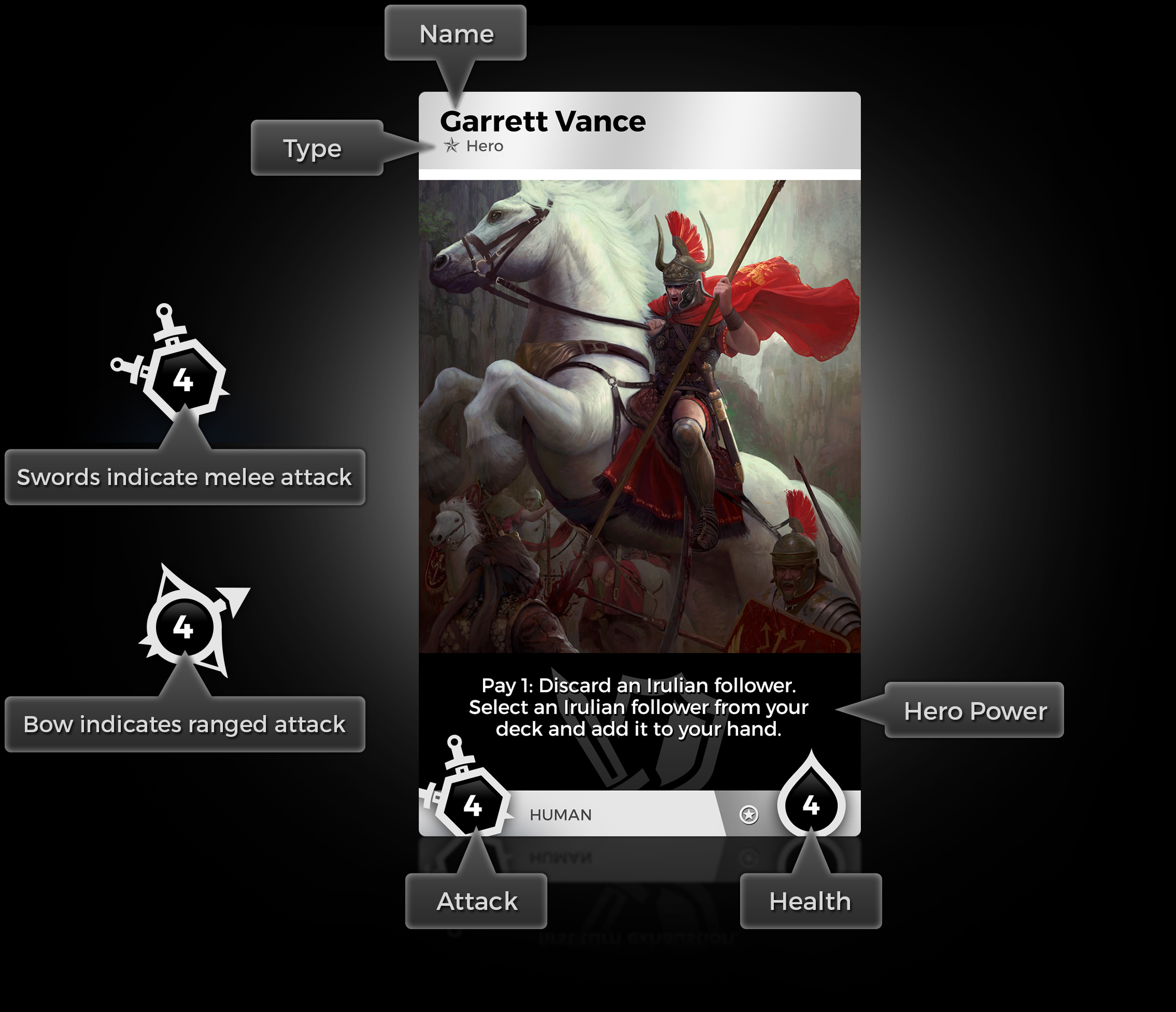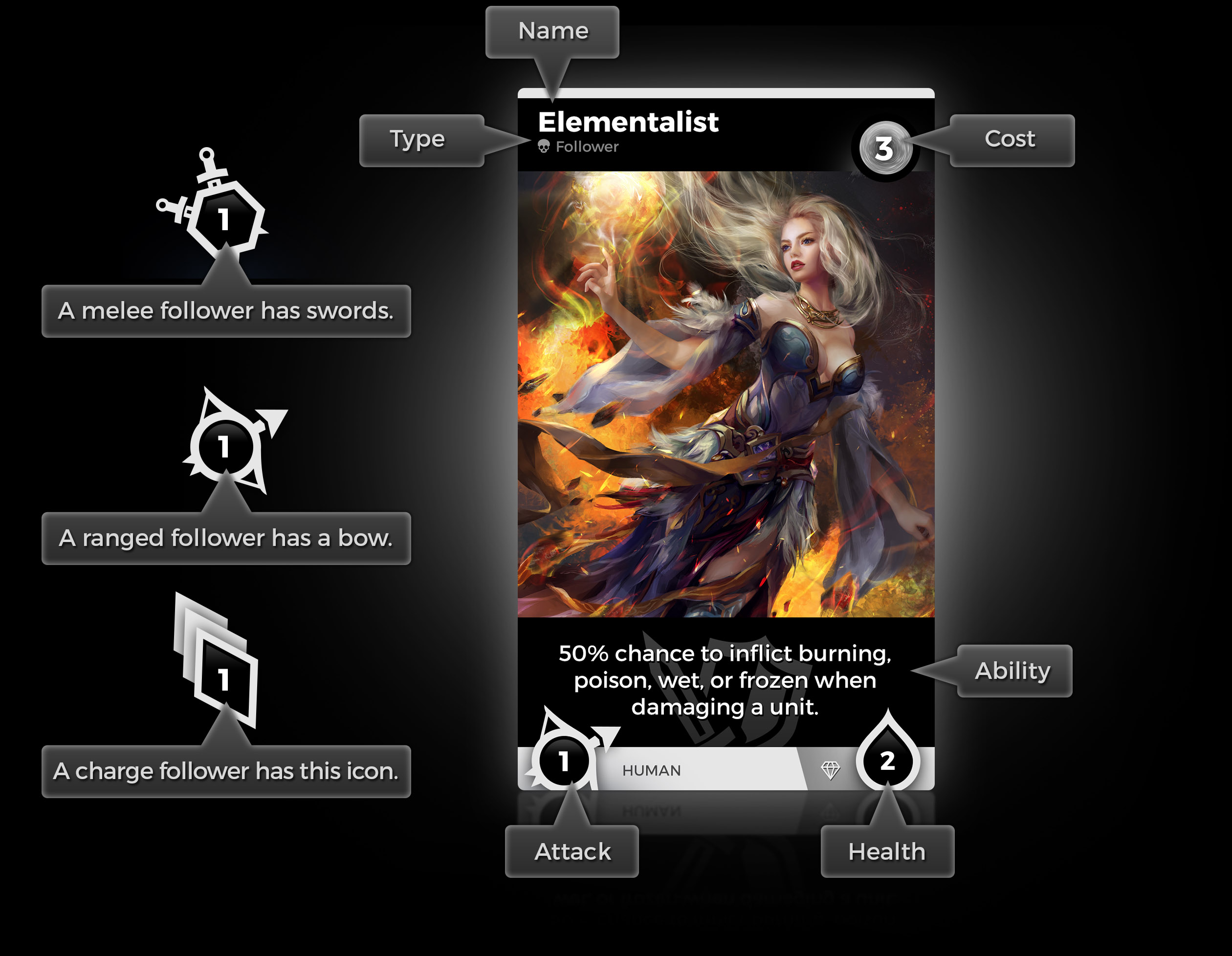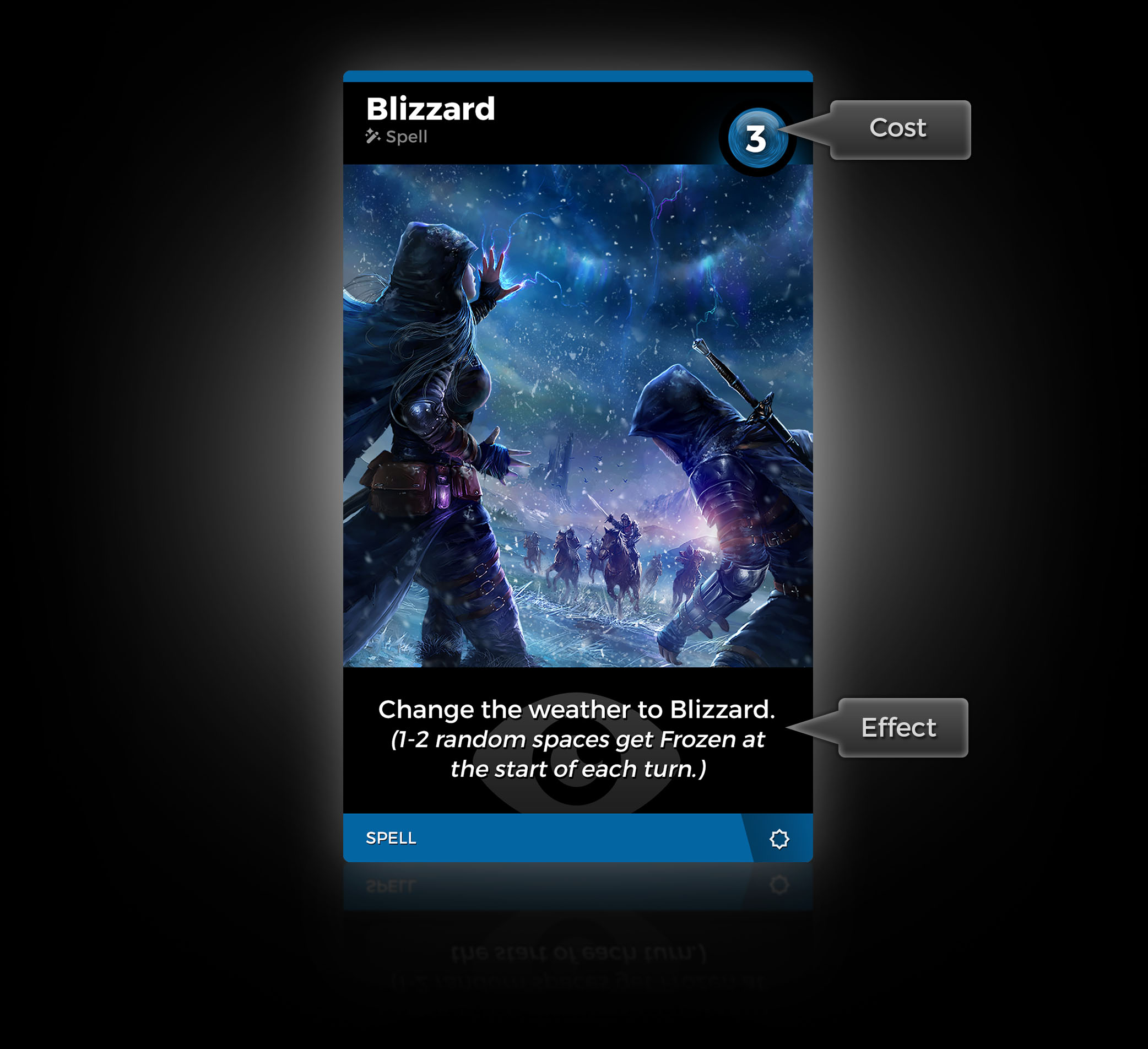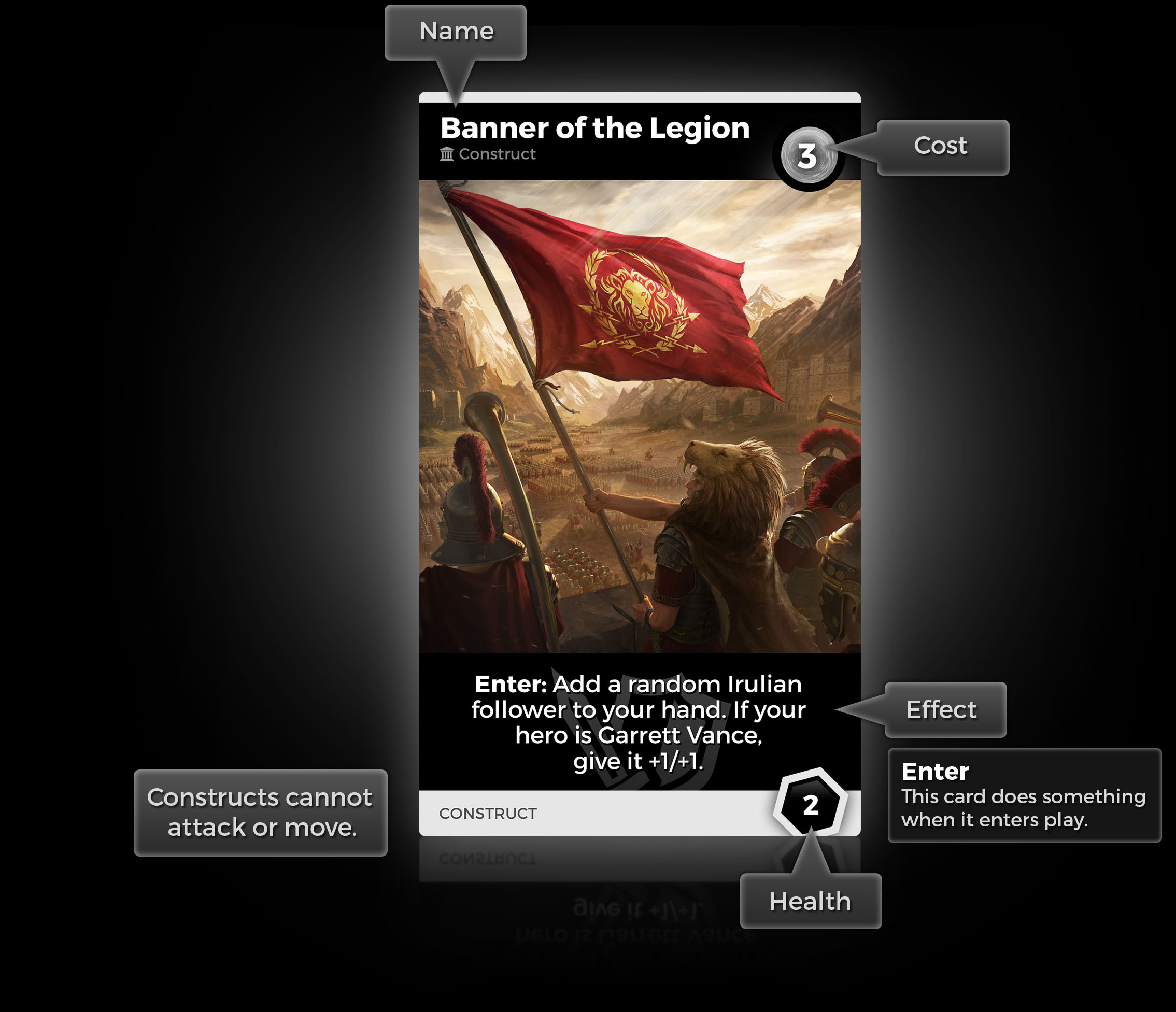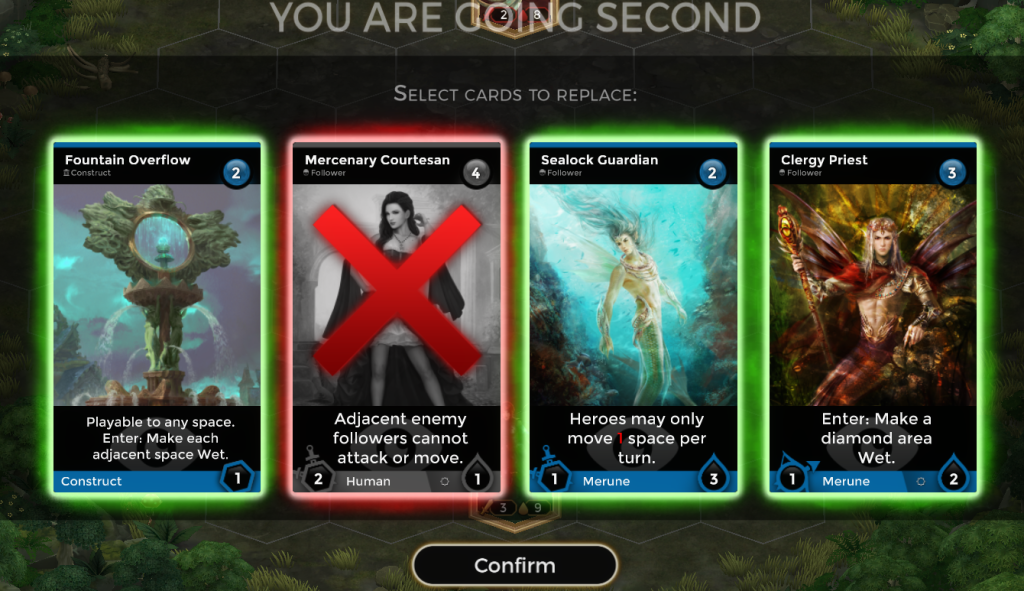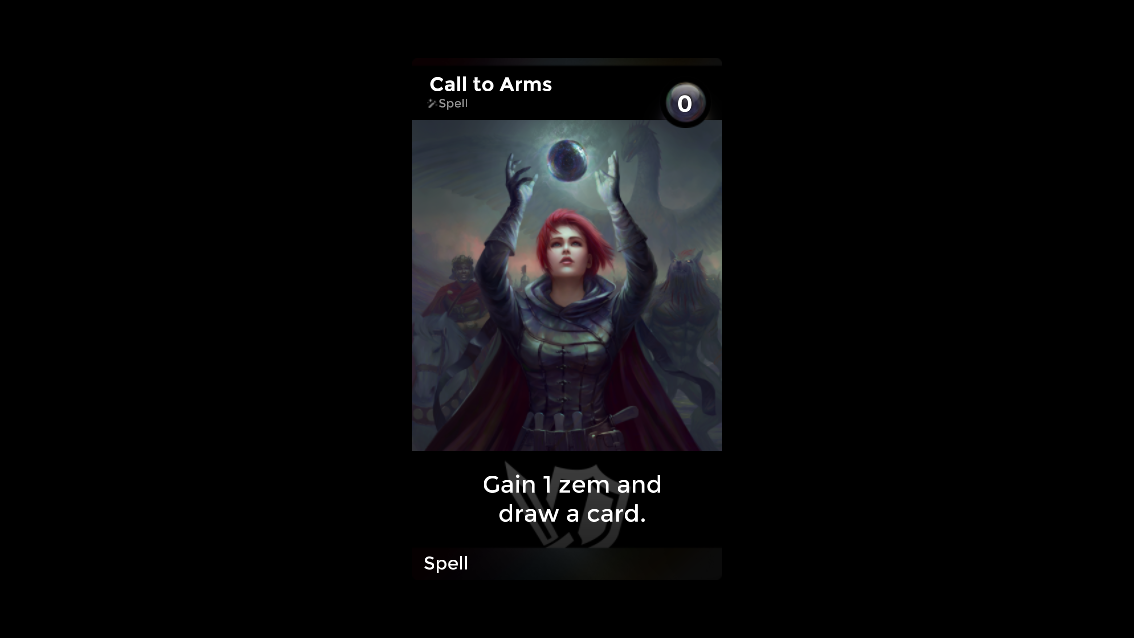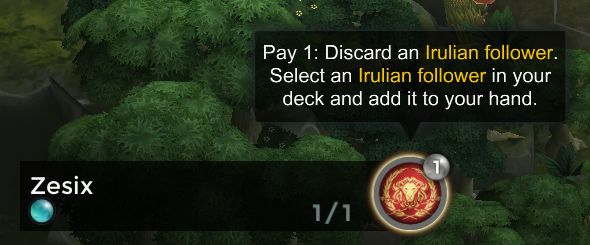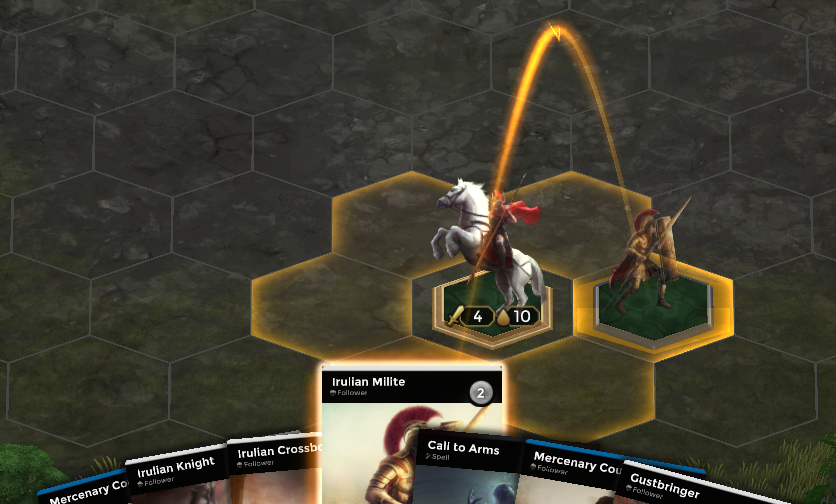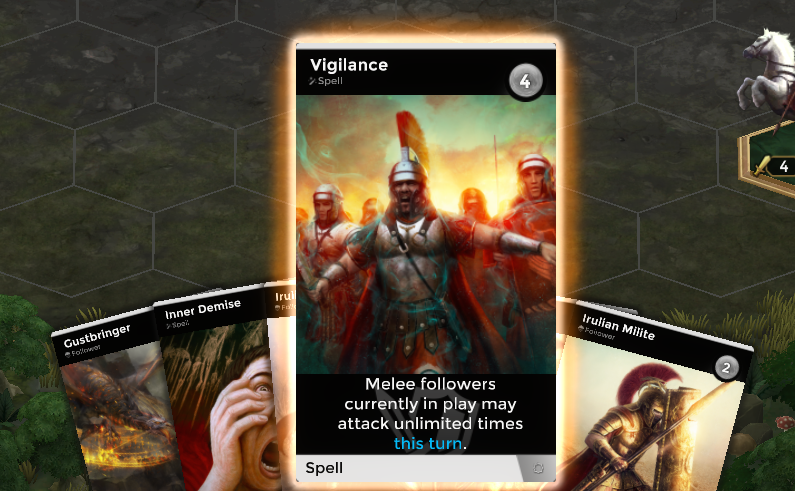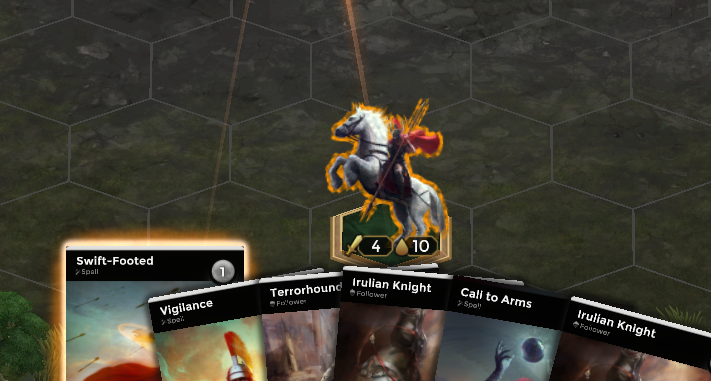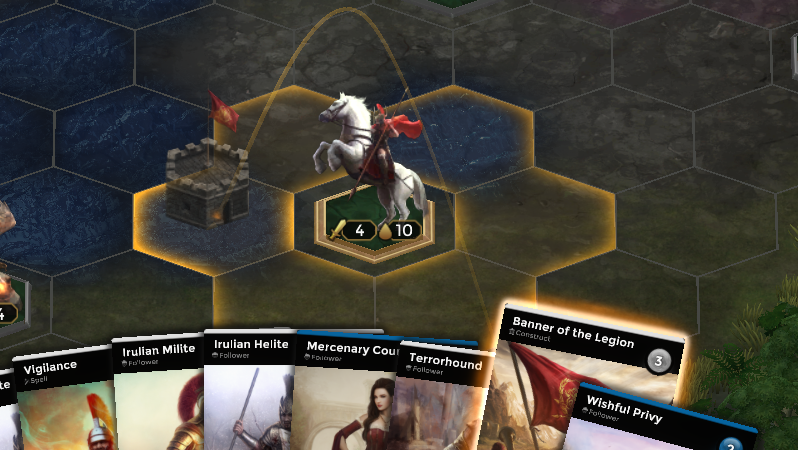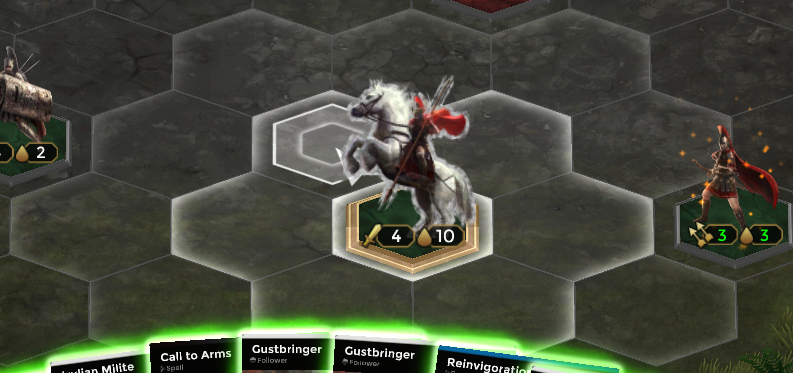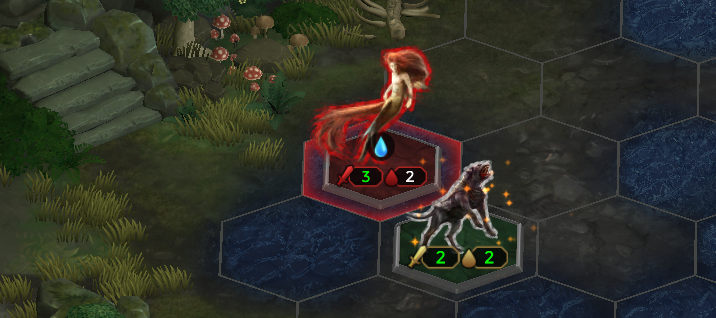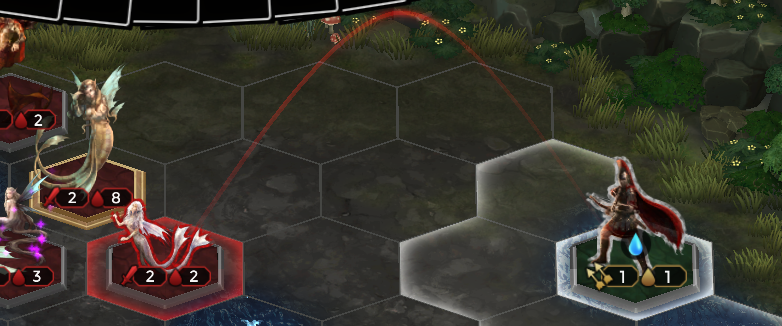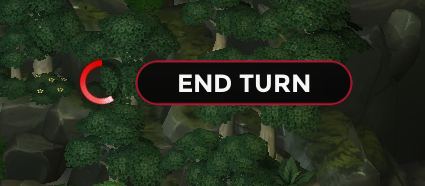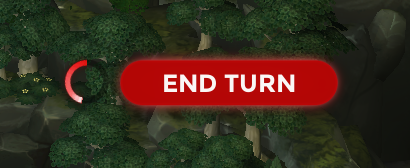Guide
Zems is an online card game featuring turn-based tactical combat on a dynamic battlefield. Players construct decks to enter battle in a variety of game modes.
Guide Contents
Deck Construction
Each deck must meet the following requirements:
- 1 Hero card.
- 40 non-Hero cards in deck.
- Maximum 3 copies of any single card.
- Cards in the deck cannot come from more than 2 different colors.
Each card belongs to one of five different colors. Some cards are neutral and can be used in any deck without impacting the color requirement.
Card Types
Each player’s army is led by a Hero – a deck must have one Hero assigned to it. Each Hero has an activated ability that can be used once per turn as long as the cost is paid.
If a player’s Hero dies, that player loses the battle.
Followers move and attack on the battlefield. Most followers also have an ability that triggers when they enter play, or a continuous effect for as long as they remain in play.
When a follower dies, it goes into its owner’s grave.
Each follower has an attack type specified by the icon surrounding the attack. Read more in the Attack a Follower section.
- Melee: Can attack an enemy unit up to 1 adjacent space away.
- Ranged: Can attack an enemy unit in a straight line across the board from this follower.
- Charge: Can attack an enemy unit in a straight line across the board, but moves to melee range of the target prior to dealing damage.
Spells are one-time-use cards that often do something powerful.
Spell cards go into their owner’s grave after being used.
Constructs occupy a space on the field. They cannot move or attack, but they can be attacked and destroyed.
Most constructs have an ability that triggers when they enter play or a continuous effect for as long as they remain in play.
Constructs go into their owner’s grave when destroyed.
Conducting Battle
Main Objective
To win a battle in Zems, you must destroy the enemy Hero.
If your Hero is killed first, you lose.
If both Heroes die simultaneously, the game is a draw.
Heroes are identified by their golden base:
Both players begin a battle with their Hero already in play.
Start of Battle
One player is randomly chosen to begin the first turn. Players are notified if they are going first or second at the start of a battle.
Players draw an opening hand of 4 cards. Players then choose any number of cards to replace with new cards from the deck. This is called mulligan and can only be done once.
When mulligans are resolved, the player going second will receive a Call to Arms card to balance the loss of tempo from going second.
Playing Turns
The following happen at the start of a player’s turn:
- The player draws a card from the top of his or her deck.
- The player’s max zems increase by 1.
- The player’s available zems are set to equal the max.
Zems are the resource used to pay costs in the game.
There are several actions a player can conduct within a turn.
Each hero has an activated ability that can be used once per turn. Each hero power costs zems to use.
To activate the hero power, click the highlighted round icon next to the resource bar in the bottom left:
To play a follower, you must enough zems to pay its cost. Most followers can only be played in a space adjacent to your hero.
Followers cannot move or attack the turn they enter play.
To play a spell, you must have enough zems to pay its cost.
Spells that have no target must be clicked twice to play – once to select the spell in hand (causing it to pop up), and once again to confirm playing the spell:
Some spells require a target, such as a follower. To play these spells, you must click to select the spell in hand, and then click again on the target:
To play a construct, you must have enough zems to pay its cost. Most constructs can only be played in a space adjacent to your hero:
Heroes and followers are movable units on the field. Each unit can move twice a turn, one space at a time. Note that most followers cannot move the turn they enter play.
Heroes and followers have attack values and can engage in combat once per turn. Each unit’s attack value is indicated by the number in the bottom left.
There are three types of combat: melee, ranged, and charge.
Melee attackers can only attack an enemy in an adjacent space:
When a melee attacker attacks an enemy, both units engaged in combat will deal damage to each other.
Ranged attackers can attack the first enemy in a straight line of hex spaces. Ranged attackers cannot attack a unit behind another unit:
When a ranged attacker attacks, it deals damage to the targeted enemy. If the enemy is also ranged, it will deal return damage back to the attacker.
Charge attackers can attack the first enemy in a straight line of hex spaces. The charge attacker attempts to move to melee range before engaging in combat.
[Insert charge graphic here]
If the charge attacker fails to move to melee range due to another card effect, the attack fails.
When a charge attacker attacks an enemy, it deals damage to that enemy and then takes return damage from that enemy.
Damage
In all types of combat, the amount of damage a unit deals is indicated by the number in the bottom left.
End Turn
A player may end the turn by clicking the End Turn button in the top right.
A player’s turn will automatically end after 2 minutes have elapsed.
A red warning indicator will appear next to the End Turn button when only 60 seconds remain:
The End Turn button will begin flashing red when there are 30 or less seconds left:
